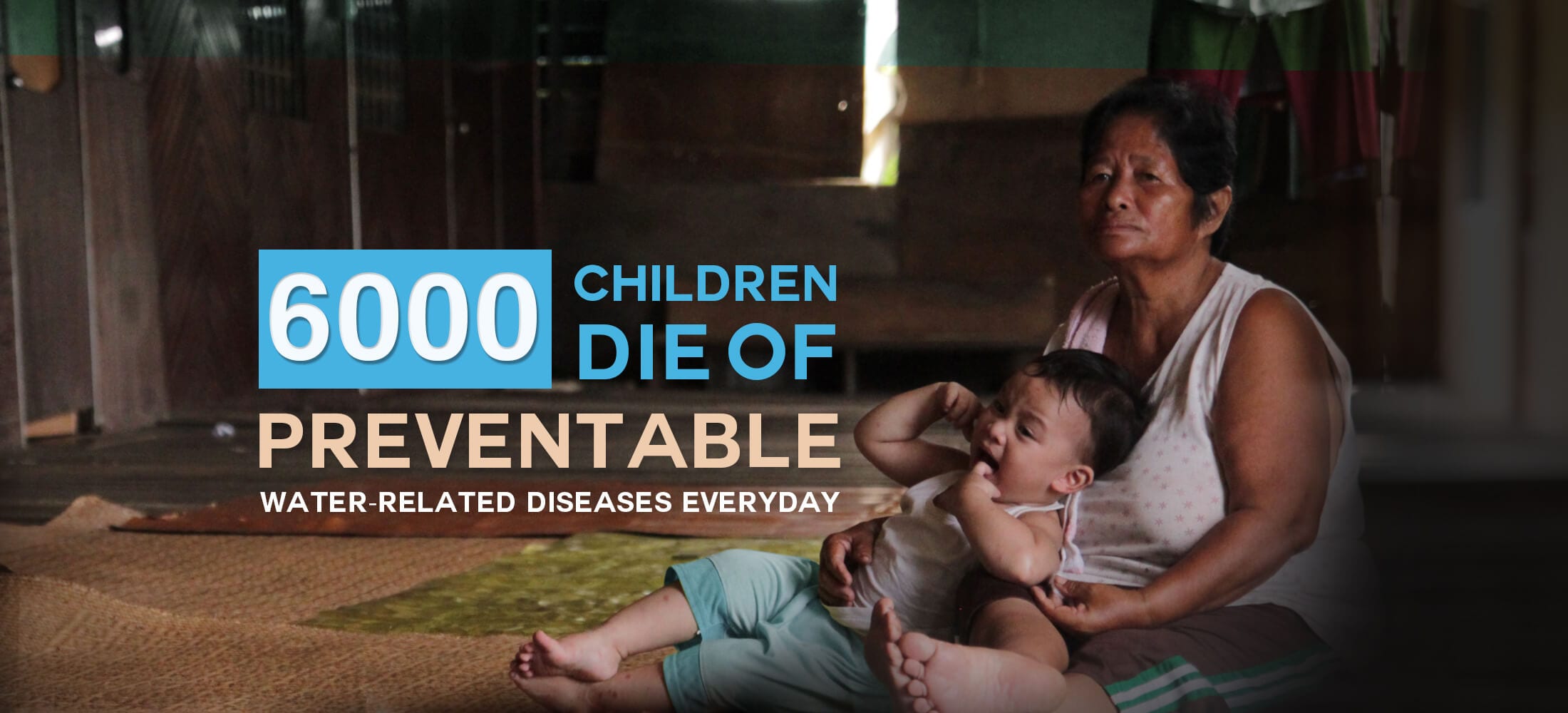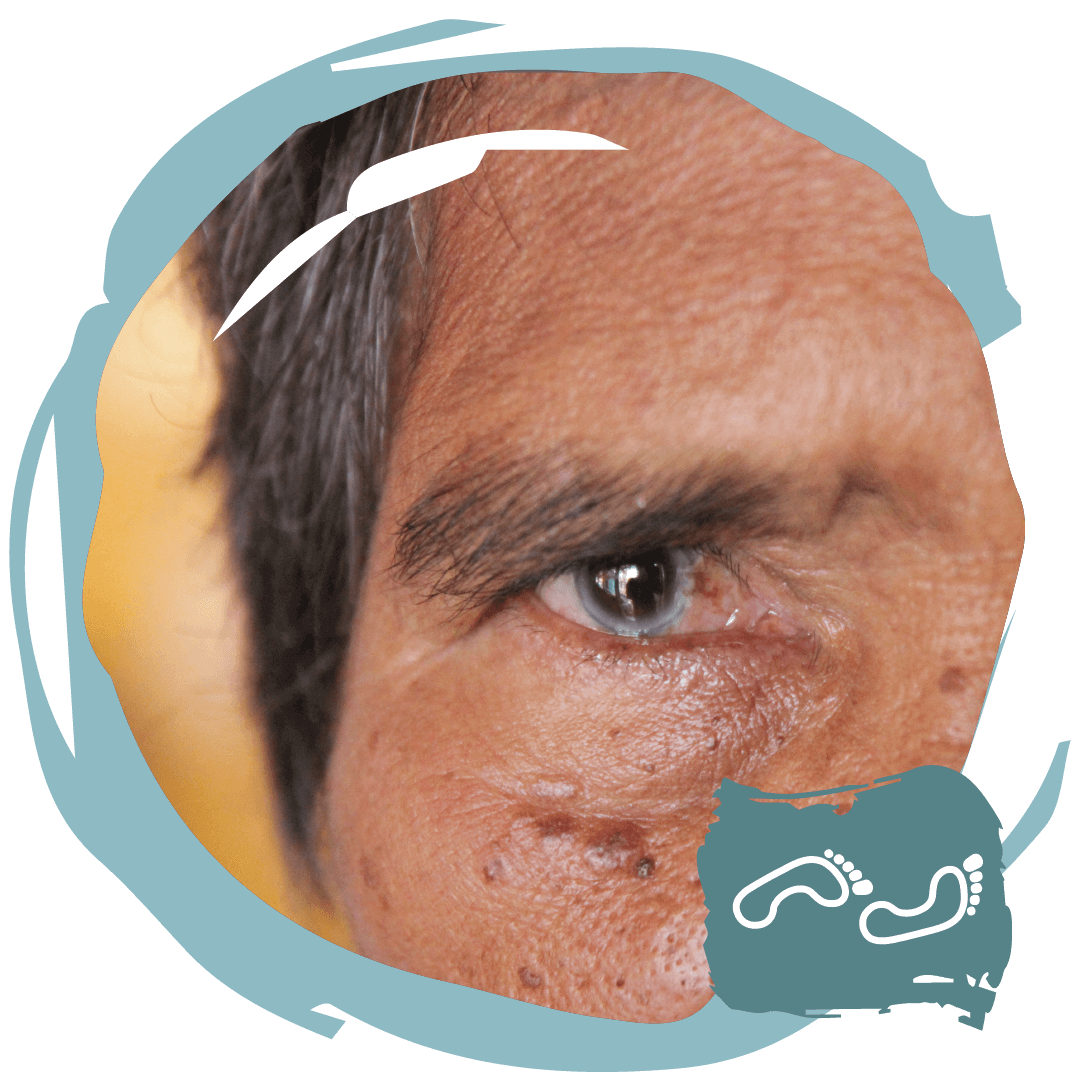


Life without clean water seems unimaginable but for millions of people around the world, this is a painful reality. Turning on the tap may seem like a minuscule thing for many of us however many homes are facing the gut-wrenching truth of dry taps or contaminated water.
Water poverty is a norm and global humanitarian crisis because access to safe drinking water and sanitation is much more difficult than what it may seem like. In many countries, taps, wells and pipes providing clean water simply rarely exist and even where they do, water supply services are often not affordable, accessible or sustainable.
Access to clean drinking Water, Sanitation and Hygiene (WASH) are human rights, as recognised by the United Nations’ Sustainable Development Goal 6. How far along are we in our journey of fulfilling this goal?
OUR REALITY

6000
children die of preventable water-related diseases everyday
Education
Childhood and education should go hand in hand, but many children in rural and underprivileged communities that lack access to clean water, sanitation and hygiene are unable to attend school because they are sick with waterborne diseases. Particularly in the case of young girls, they have to spend long hours each day fetching water for their family. For children who are able to go to school, the condition is not any better as many schools lack access to supply of safe water and are deprived of adequate sanitation. Due to which, children remain dehydrated and are forced to utilise shared latrines within the school or the public toilets outside of the school grounds. For adolescent girls, the access to safe water supply and functioning clean private toilet facilities can be the difference between dropping out and getting an education.
485000
diarrhoeal deaths are caused by contaminated drinking water annually
Healthcare
The impact of access to clean water, adequate sanitation and hygiene will tremendously improve the overall public health. With WASH put in place, we are saving millions of lives each day that come to an end due to viruses, germs and diseases. This will drastically reduce child malnourishment and boost their physical and mental development. Today, child deaths are associated with unsafe water, inadequate sanitation and poor hygiene.


200
million hours are spent daily by women and girls collecting water
Women Empowerment
Globally, 7 out of 10 households depend on women and girls to collect the water for a family’s daily needs. This has pushed them to be disproportionately disadvantaged by water poverty. Women and girls travel an average of 6 kilometers by foot to haul about 18 kg of water daily. Added to the time needed to do household chores, there is little time left over for anything else. This marginalises females by locking them into a cycle of poverty with wider consequences on society and national economies.
3 out of 4
jobs globally are affected by disruptions in water supply
Livelihood & Employment
The burden of disease and time associated with the lack of access to clean water, sanitation and hygiene prevents many adults from earning a living or fulfilling their innate potential in the professional scene. Additionally, the places of work for those in the rural and underprivileged communities are prone to virus and disease outbreaks due to little or no awareness on public hygiene and sanitation. Thus, this in return massively impacts the employment rate of adults and further trapping them in the poverty cycle.

With every drop of water we drink,
every breath we inhale, realise that we are fortunate and must help those who are deprived of it.
